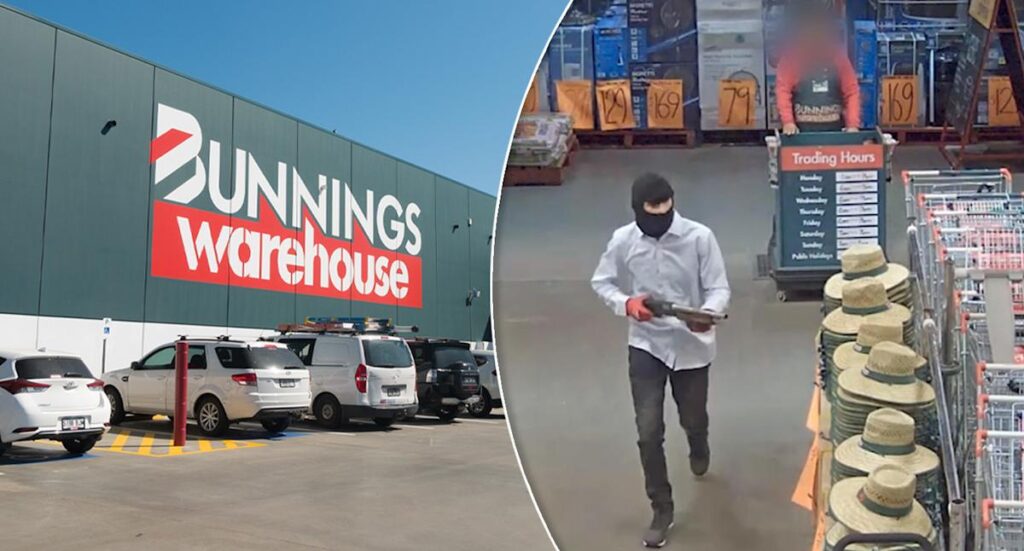
Bunnings, the Australian hardware giant, is contemplating the introduction of facial recognition cameras in its stores as a measure to combat a surge in retail crime. This consideration comes amidst claims of organized gangs targeting the retailer, particularly for power tools. The move, however, raises concerns about customer privacy, a delicate balance that Bunnings must navigate.
The proposal follows a previous controversy where Bunnings was found to have breached privacy regulations by the Office of the Australian Information Commissioner (OAIC). The breach involved the storage of sensitive information captured by CCTV systems between 2018 and 2021. Bunnings has since appealed the OAIC’s decision, and the matter is currently under review by the Administrative Review Tribunal.
Retail Crime on the Rise
As retail crime continues to escalate, Robert Scott, CEO of Wesfarmers, Bunnings’ parent company, indicated that revisiting facial recognition technology could be a viable solution. Bunnings Managing Director Michael Schneider emphasized the importance of safety for both employees and customers, stating that the technology would be part of a broader strategy including security personnel and safety training.
“Everyone deserves to feel safe at work or while out shopping,” said Schneider. “No one should be subjected to abuse, threats, or physical violence simply for doing their job or going about their day.”
Bunnings reported a 50% increase in retail crime over the past two years, with 88% of incidents involving violence or aggression. This alarming trend mirrors a broader rise in retail crime across Australia, prompting retailers to seek more effective protective measures.
Expert Opinions on Facial Recognition
While the potential benefits of facial recognition technology are evident, the debate over privacy concerns remains. Consumer expert Gary Mortimer supports the use of such technology, emphasizing the need to protect retail workers.
“My view is that any form of technology that keeps workers safe is vital,” Mortimer told Yahoo News. He noted that over half of aggressive incidents are perpetrated by repeat offenders, highlighting the inadequacy of current security measures.
Mortimer suggested that facial recognition could quickly identify banned customers, enhancing store security without storing customer images. “People are convinced that their face is being stored somewhere. It’s not, but it’s understandable that people get nervous around these types of technologies,” he added.
Balancing Privacy and Security
The introduction of facial recognition technology in retail settings is not without precedent. Globally, retailers have experimented with similar technologies to deter theft and enhance security. However, the implementation must be carefully managed to avoid infringing on customer privacy rights.
Bunnings’ consideration of facial recognition technology represents a broader trend in the retail industry where technology is increasingly used to address security challenges. As the Administrative Review Tribunal continues to examine past privacy breaches, Bunnings must ensure transparency and clear communication with customers regarding any new security measures.
Moving forward, the outcome of Bunnings’ appeal and the public’s response to potential new security measures will likely influence how the retailer and others in the industry approach the balance between security and privacy.
For more updates on this developing story, follow us on Facebook, Instagram, TikTok, Twitter, and YouTube.







